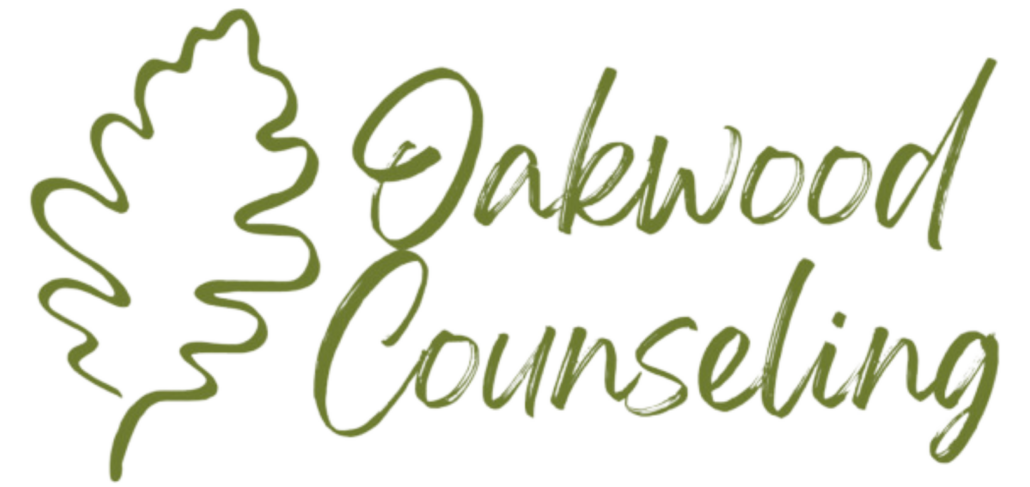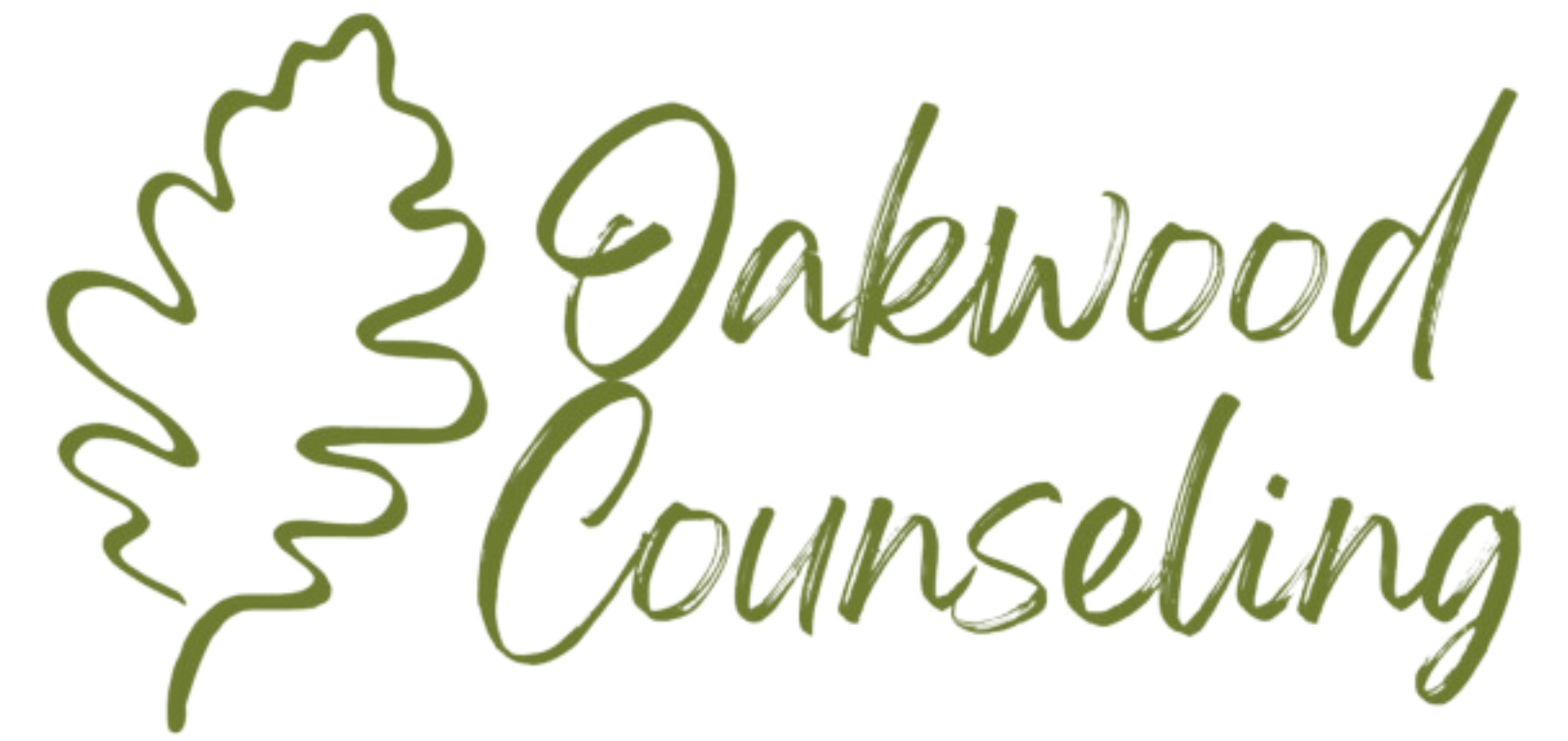
I had the chance to speak with Voices for Children, a non-profit organization that serves the foster care youth of Brazos Valley. VFC serves these youth through trained volunteers as Court-Appointed Special Advocates (CASA), and it was a uniquely generous group of people in the room. These adults commit at least 1 year to working with a family, and some of the volunteers present were very new, while others had been with VFC as volunteers for over a decade. This particular event was CASA café, a monthly training that VFC offers for their volunteers to help support them as they support their kids. While many of the volunteers had been working with VFC for years, as well as parented their own children and served kids in different capacities before VFC, there was such a warm receptivity to the conversation of building healthy relationships with kids.
I have found that one of the more significant places of growth for me in relationships with kids over the years is learning to ask better internal questions, and learning to distinguish these questions from the conversation I actually have with a kid. For some of us, it takes significant patience to not ask the questions we have internally, particularly when our kids are really struggling. “Why did you do that?” “What were you thinking?” If you have asked a child or adolescent one of these questions at some point, you have likely received some form of this response: “I don’t know.” The question invites defensiveness, and it is rare that a kid can even put words to what he was feeling or thinking in that moment. Typically, their behavior is their best attempt to ask for something that they don’t have words to ask for.
I have found that one of the more significant places of growth for me in relationships with kids over the years is learning to ask better internal questions, and learning to distinguish these questions from the conversation I actually have with a kid.
Relationships with kids is about asking the right questions…to yourself.
As adults relating to kids, most questions are pretty unhelpful, specifically when a child is struggling, but I would even say that questions are not helpful for understanding kids in general. As adults, we often revere the adults who can ask good questions, whether that be the social savant who can keep a conversation going, or the date who knows how to ask kind and thoughtful questions in getting to know us. Naturally, we lean on our questioning skills when we are getting to know a kid, but kids don’t typically feel understood or connected to the adult that asks many questions.
Instead, kids often connect with the adult who asks fewer questions. When a kid comes into my office, I usually know something about the child already from mom, dad, caregiver, or just an observation. Typically kids relax in first meeting me as I become aware internally of the questions I have, but attempt to stick with casual statements that show I am listening and notice them. Last week, it was the 10 year old boy who came into my office wearing bright neon yellow socks. “Woah, nice socks!” Boy smiles, mom affirms, “Yes, Billy loves wearing bright socks. He has like 20 pair.” “Well, I am rocking some stripy socks today, but I had some knee high orange ones I loved for a long time.” He relaxes a bit as he imagines an adult wearing bright orange socks to work. It will take some time to warm up and get beyond conversations about socks and video games, but these initial comments are no less important for a child in developing trust and feeling understood.
Remembering what it was like to be around adults as a kid is a huge part of growing in your competency to connect with kids. As one volunteer said last week, “I can’t remember ever feeling understood by an adult. They were the authority – it wasn’t ever expected that they would even care to get me.” This feeling is all too common. What else do you remember of your childhood? What did it feel like to start at a new school? What was it like for you when you were reprimanded in front of your friends? What did it feel like in those moments when you were praised for something you actually really valued about yourself? What games did you like, and what books were you into? For many of us as adults, childhood is not something we want to look at again, but if you are working with kids and succeeding in any connection, it is inevitable that your childhood will follow you. A season of counseling can be incredibly helpful in remembering your past with kindness for yourself, and as you begin to remember, it offers immense possibility for the kids you work with now in relating to their experience.
Remembering what it was like to be around adults as a kid is a huge part of growing in your competency to connect with kids.
What is the behavior saying?
One internal question that I am always beginning with, and never saying aloud to the child, is, “What is her behavior saying?” What is the child trying to communicate through her behaviors that she doesn’t quite have words for yet? Often, there is an unmet need that the child is trying to meet, but might not have the capacity or trust to ask for from adults in her life. More than anything, this question provides a different posture for me in the way I listen. When one of my sons acts out, I can quickly find myself impatient, and asking the question (at my worst, aloud, but at the very least, in my head), “Why did you do that??” I’m not actually asking why he did that – I’m more asking, “What were you thinking??” And more than actually being curious about what he was thinking, I’m really saying, “Hey! Don’t do that! We talk about this all the time! We (adults) don’t hit, so you (child) should know better!” But at my best, the question comes up…what is it that Brady is asking for when he is hitting his brother? There is still a consequence for Brady when he chooses to hit, but my posture changes in asking this question from an angry father who cannot reflect on how to help his son, to that of an understanding father who wants to help his son find words for his needs, rather than just telling him to stop what he is doing.
As you go about your week interacting with kids, these might be some helpful questions to consider.
- What are the internal questions I have now as I work with this kid?
- How might these questions be impacting the way I choose to engage with that child?
- What do I think this child’s behavior is saying? What might they be communicating?
- Who can I consult with to get a better sense of what I might be missing?
And if you aren’t familiar with Voices For Children, go take a look at what they are doing! They are a really strong organization, and if you have a passion for children, consider volunteering as a CASA, or donating to their cause.

